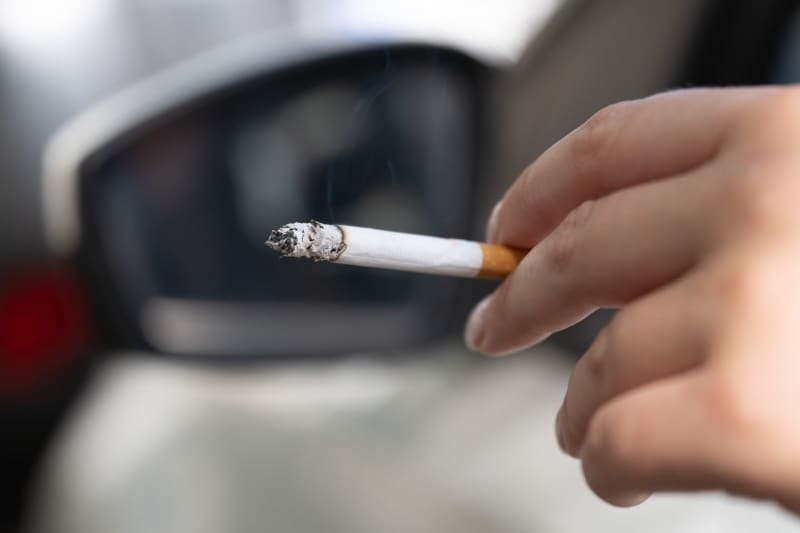The 183 states that are party to the international Framework Convention on Tobacco Control (FCTC) are holding talks in Geneva from Monday on the global crackdown on nicotine and tobacco.
Among the proposals for their consideration is an expert paper suggesting a ban on cigarette filters and on flavourings for e-cigarettes, among other measures.
The World Health Organization (WHO) accuses the tobacco industry of trying to lure children in particular with flavours such as jelly beans and candyfloss.
It is warning all participating countries against industry lobbying attempts, calling on their delegations not to tolerate industry lobbyists.
“We must be aware of industry’s interference in debates,” warned Etienne Krug, the director of the WHO department overseeing tobacco issues.
He said the WHO would welcome a ban on filters. “But that must not distract from the taxation of tobacco, which would cut consumption much more sharply,” Krug told dpa.
The argument put forward by the experts is that filters increase the appeal of cigarettes, but do little to limit their harmful effect. By inducing smokers to inhale more strongly, they drive toxins deeper into the lungs, while poisoning the environment when improperly discarded.
Germany not doing enough
Germany receives poor marks overall in WHO reports on progress against tobacco and nicotine, in part for failing to impose sufficiently high taxes. These should account for at least 75% of the price, according to the WHO.
The WHO recommendation to sell cigarettes in standardized packs, without colours and logos, has also not been implemented in Germany to date.
“The tobacco and nicotine industry is constantly putting out new products, such as vapes, because they appeal to young people and get them addicted to nicotine early on – that is how they secure their market,” said Ulrike Helbig of German Cancer Aid.
Vapes, or e-cigarettes, are electronic devices that heat a liquid and produce a vapour that is inhaled. Most vapes contain nicotine.
According to Helbig, 127,000 people die in Germany each year due to tobacco use, with one in five of the annual 520,000 new cancer diagnoses attributable to tobacco and nicotine.
The economic costs of treating the sick and lost earnings are roughly six times higher than revenue from the tobacco tax, she argued.









